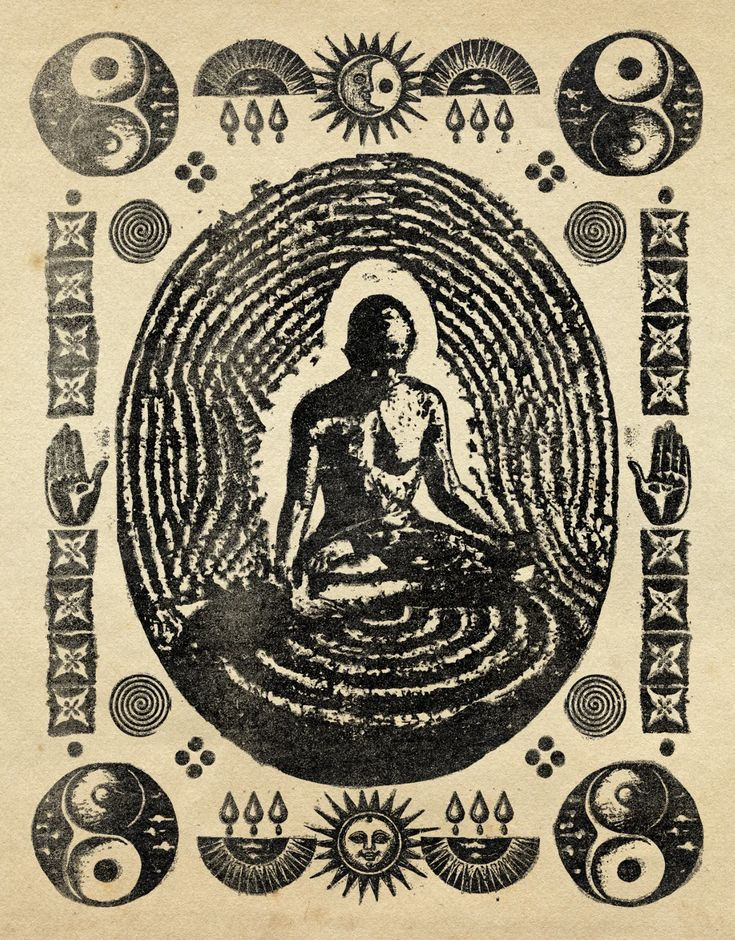
Tao in Daily Life
When discussing Chinese Taoism, many people associate it with immortals, talismans, and elixirs. Yet the more profound significance of the “Tao” lies in its pervasive influence across all aspects of daily life. Taoism advocates “following the Tao as nature does,” emphasizing harmony between humanity and the cosmos, and the balance of body and mind. This wisdom belongs not only to antiquity but also offers direction for contemporary society.
I. Following Nature: The Way of Health Preservation
Daoism holds that “Man follows Earth, Earth follows Heaven, Heaven follows the Dao, and the Dao follows Nature.”
This is not merely a philosophical maxim but the most fundamental advice for living: align with the laws of nature.
Regular Routine: Rise with the sun and rest at sunset, aligning with the body's natural rhythm.
Dietary Wellness: Emphasize light, moderate eating, focusing on nourishment from grains and herbs.
Physical Exercise: Practices like Tai Chi, Qigong, and Guiding Techniques embody the principle of “stillness within movement” for health preservation.
In our fast-paced modern society, this return to nature offers a counterbalance to excessive stress and exhaustion.

II. Harmonizing Body and Mind, Settling the Spirit
Daoism places great emphasis on inner cultivation, such as practices like seated meditation, contemplative visualization, and breath control.
Today, these methods can be understood as meditation, breathing exercises, and mindfulness practices.
They help individuals:
Slow down their thoughts and settle their minds;
Reduce anxiety and improve emotional well-being;
Cultivate inner peace and clarity.
In modern society, people are often preoccupied with external pursuits while neglecting the nourishment of the spirit. Taoist methods for cultivating the mind offer precisely such a path of introspection.

III. Harmony Between Humankind and Nature
Daoism reveres the unity of heaven and humanity, emphasizing that humans and nature are inherently one.
Regarding environmental protection, Daoism advocates frugality and reverence for life, believing every blade of grass and tree possesses a spirit.
In lifestyle, it promotes moderation and simplicity, discouraging extravagance and waste.
This philosophy aligns profoundly with contemporary society's pursuit of sustainable development and ecological conservation, even serving as a form of “green philosophy.”

IV. The Way of Living: Wisdom in Life
The Tao Te Ching states: “The highest virtue is like water. Water benefits all things without contention.”
Taoist wisdom in life is gentle yet not weak, benevolent yet measured.
In interpersonal relationships, learn tolerance and humility;
In work and daily life, understand how to go with the flow rather than blindly resist;
In the face of setbacks and adversity, maintain resilience and never give up easily.
This wisdom of “overcoming hardness with softness” is both ancient and modern, suitable for everyone navigating the complexities of contemporary society.

The Way in life is not some esoteric mystery, but a tangible philosophy of living.
It reminds us:
Nurture the body in harmony with nature;
Cultivate the mind with stillness and clarity;
Be gentle yet resilient in character;
Coexist harmoniously with the natural world.
Today, learning a bit of “Dao” may simply mean learning to better coexist with oneself, others, and the world.
As the ancient saying goes:
“The Dao is found in daily practice.”
May each person discover the wisdom and power of the “Dao” in life's smallest moments.
@vesselofqi
Follow us on TikTok and Instagram







